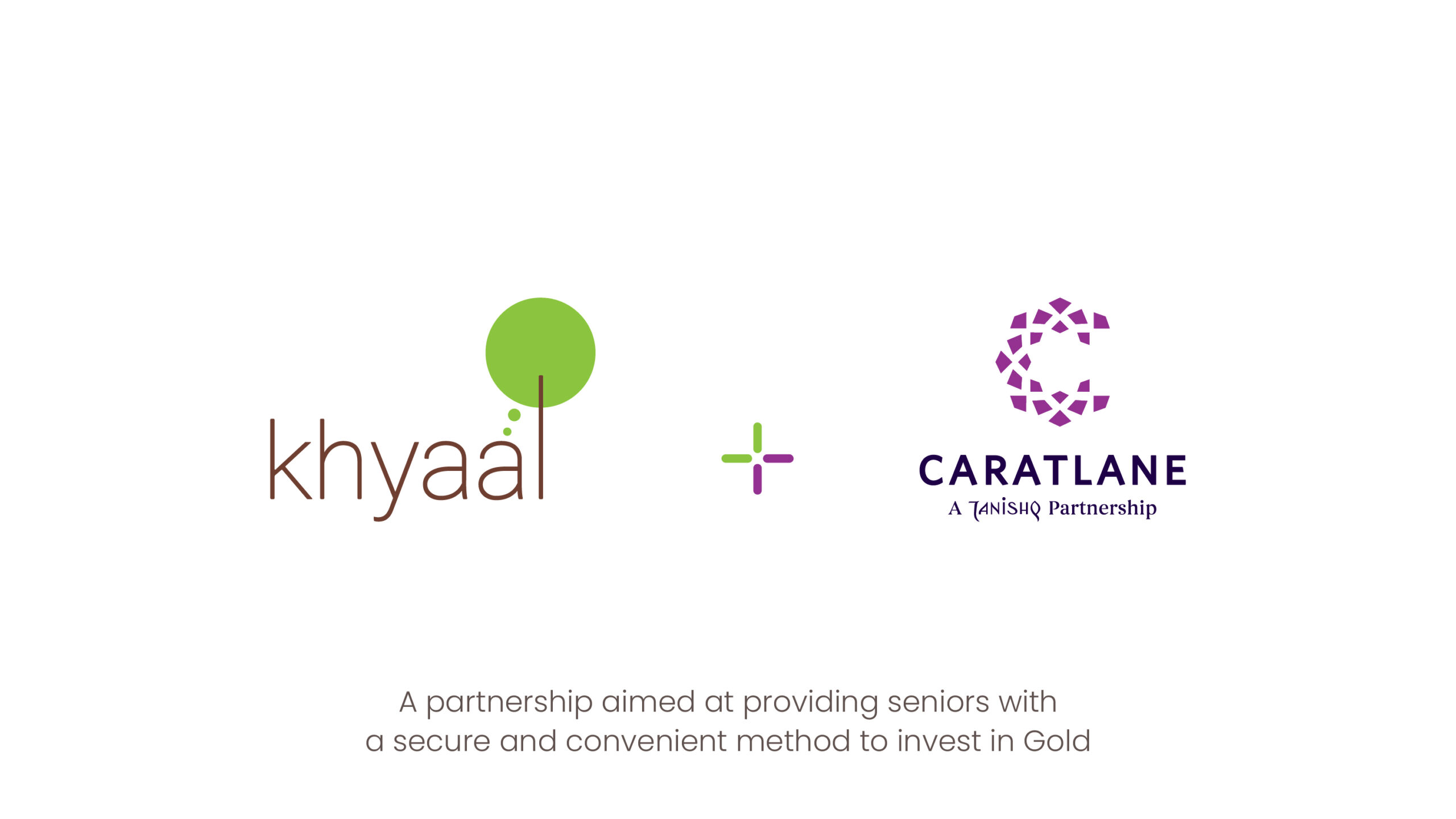“Exploring the Gloomy Fallout: The Toolkit Nexus and Its Depressing Impact”
The Hindenburg and OCCRP reports against the Adani group were used as political ammo against Prime Minister Narendra Modi, regulatory bodies like SEBI, and one of the biggest economic conglomerates in India during the past year.
Since January 24 of last year, when Hindenburg published its report, the entire toolkit ecosystem—which includes so-called investigative institutions based abroad, NGOs, aligned media outlets domestic and overseas, Left-liberal groups of all hues, and sections of political parties in opposition, most notably the Congress—has been in hyperactive mode.
The opposition, led by the Congress party, compelled a washout of the parliamentary Budget session. There were fictitious allegations and claims made, along with unrealistic demands. Discussions over President Droupadi Murmu’s speech to the joint session of legislature. That was also the first time President Murmu addressed the legislature, and lawmakers are free to express any opinions they may have during these debates.

Also Read : Stagnation in corporate investment: Sluggish growth in bank loans to sectors due to low demand!
Because of this, the country witnessed a new form of rivalry among leaders, with the aim of seeing who could disparage or abuse business magnate Gautam Adani, his group, and his alleged closeness to Prime Minister Modi merely by virtue of their Gujarati origins. For those apprehended breaking the law, it served as a handy justification for their immoral, unethical, and unlawful acts of commission and omission.
After two previous failures, the Rafale and Pegasus debates, it was evident that they had not learned their lesson.
In addition to demolishing the Hindenburg and OCCRP reports and their backers like a renegade George Soros, the Supreme Court’s clean bill of rights to the Adani group, placing its faith in the market regulator and the Indian regulatory apparatus, has also dulled the leadership of Congress and the party’s supporters. The Supreme Court essentially indicted activist attorney Prashant Bhushan on multiple counts during the case’s most recent hearing.
Nonetheless, the ruling by the Supreme Court cheers not only the Adani Group but also millions of small investors nationwide, in addition to institutional investors, public sector banks, and other organizations.
The one definitive finding from the year-long, politically charged exercise in dust-raising is straightforward: Hindenburg, which initially leveled accusations in a lengthy study, made a significant profit by short selling both before and after the report’s publication, and it freely acknowledged this.
The incident reveals the relationship between India baiters and those who despise the Modi regime. Above all, it exposes a wide range of people, including Rahul Gandhi, Mahua Moitra, Jairam Ramesh, and many more. They are now without a problem following the Supreme Court’s decision.
The Congress will suffer the most from it, and the opposition I.N.D.I. will become even more divided.a collection. Openly disparaging Hindenburg, Sharad Pawar supported the Adani Group. Leaders of the Trinamool Congress and West Bengal Chief Minister Mamata Banerjee, Ashok Gehlot, the former chief minister of Rajasthan, Pinarayi Vijayan, the head of the CPM, and the Janata Dal (United) had also adopted a lenient stance towards Adani.
Inadvertently portraying himself as anti-industry and anti-entrepreneurship, Rahul Gandhi is well-known for telling party leaders and workers stories—his own versions of how McDonald’s and Coca-Cola rose to prominence. It’s definitely not a healthy image. for the opposing parties and the Congress.
If Rahul Gandhi and others want to continue making wild accusations, they would be better off reading the 46-page Supreme Court ruling before pursuing this further. Take note of what Chief Justice DY Chandrachud’s bench stated in the ruling: Based on the evidence presented to this court, SEBI cannot be blamed for any apparent regulatory shortcomings.
The court must not supersede SEBI’s regulatory regulations with its own judgment. When evaluating a policy created by a specialized regulator, the court has the authority to investigate whether it infringes upon any statutory provisions, fundamental rights, or is obviously arbitrary. This case’s facts do not support a transfer.
of a SEBI investigation. This Court does have the authority to assign a case to a SIT or CBI in which the investigation being conducted by the authorized agency is deemed appropriate. Such authority is used in exceptional situations where the responsible authority exhibits a conspicuous, willful, and intentional lack of action in conducting the investigation. There is no evidence to support the existence of a threshold for the transfer of investigation.
The petitioner’s reliance on the OCCPR findings to imply that SEBI conducted the investigation in a careless manner is denied. A report from a third-party entity that makes no effort to confirm the veracity of its claims cannot be used as definitive evidence. Furthermore, it is incorrect for the petitioner to rely on the DRI letter because Concurrent rulings from the CESTAT, this Court, and the Additional Director General of DRI have already resolved the matter.
This article was originally published on NDTV.com!
Also Read : Maldives Suspended Three Ministers Over Derrogatory Remarks On PM Modi!














Reader Interactions